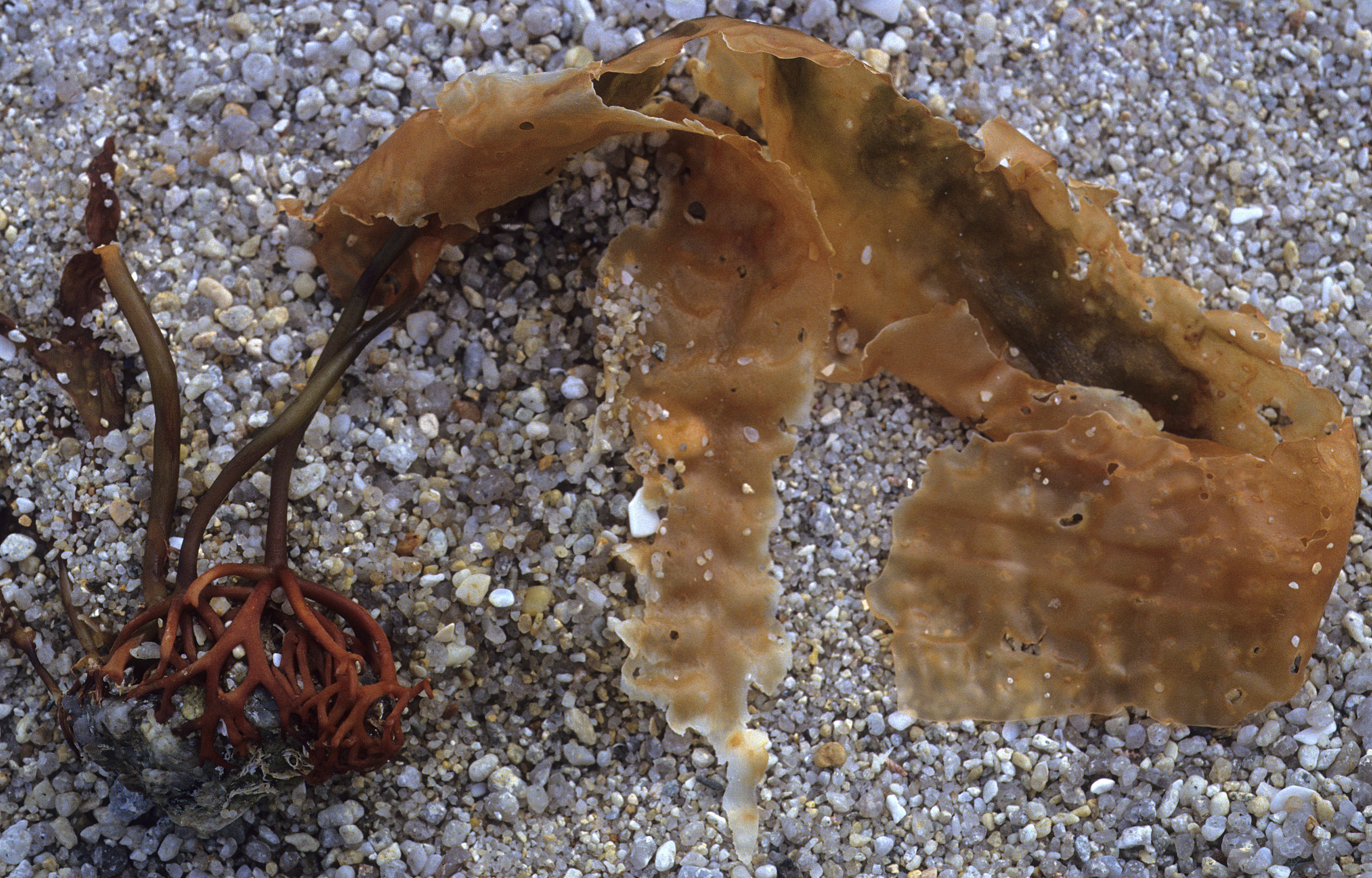SeafoodSource is closely following seaweed innovation by compiling a regular round-up of updates from the sector.
- Save the Great South Bay (STGSB) and Rotary Environmental Action Coalition of Huntington (REACH) are among several organizations on Long Island, New York, U.S.A., that are partnering to bolster suger kelp cultivation efforts.
The project is necessary, according to REACH, because sugar kelp has been facing overharvesting in the area.
“We would love for an industry on Long Island to develop around sugar kelp ... it just hasn’t gotten its footing yet,” Huntington-Northport Oyster Reef Project Coordinator James Wiley said.
With seasonal transitions, REACH plans to focus on sugar kelp cultivation before returning attention to oyster restoration, according to Huntington Now.
- NOAA Fisheries announced a partnership with the Greater Farallones Association to combat the decline of bull kelp forests.
NOAA awarded USD 4.9 million (EUR 4.5 million) to the Greater Farallones Association from the Bipartisan Infrastructure Law Act to rejuvenate bull kelp in the Greater Farallones National Marine Sanctuary.
"I think, for a long time, a lot of folks didn't realize how important kelp forests are until we lost them," Greater Farallones Association and Greater Farallones and Cordell Bank National Marine Sanctuaries Project Manager Rietta Hohman said in a release. "This loss has reverberated through the local communities and tribes who hold the kelp forests in great cultural significance. Finally, being able to take steps toward recovery, is amazing, even if it’s going to take a while before we see robust results."
The project will conduct research to advance kelp-restoration techniques, remove purple sea urchins to create kelp ecosystems, restore kelp forests at spots with high potential for recovery, and support local jobs for commercial urchin divers and small businesses.
- DLG Benelux, the organizers of the annual Seagriculture Conference, announced the first in-person Seagriculture Asia-Pacific conference. The event will take place in Adelaide, Australia, from 18 to 20 March 2025.
Seagriculture Asia-Pacific took place for the first time in 2023, held fully online. The event joined more than 180 attendees with 31 countries represented, DLG Benelux said.
“DLG Benelux is proud to collaborate with the Australian Sustainable Seaweed Alliance, showing our dedication to fostering collaboration and growth within the seaweed industry,” DLG Benelux Managing Director Kuno Jacobs said in a release. “The decision to host an in-person event marks a significant step forward in establishing a robust foundation for the expansion and enhancement of the Seagriculture Conference series."
The event will allow participants to join a site visit on 18 March 2025 to the South Australian Research and Development Institute (SARDI), an institution working to increase the productivity, adaptability, and economy of Australia's agriculture and sustainability.
- The Central Marine Fisheries Research Institute (CMFRI) announced that P.K. Mishra, the principal secretary to the prime minister of India, visited seaweed-farming sites developed by CMFRI, located along India-Pakistan border marine waters in Gujarat, India.
The monumental visit highlighted the larger context of a project ensuring political and social security, along with farmer well-being, to accelerate India’s seaweed sector, the CMFRI said.
“The Principal Secretary expressed his keen interest in discussions about the economics of production and the socioeconomic implications of this project,” the CMFRI said in a release. “The project's strategic significance, particularly in regions situated along the sentient Indo-Pak border, is one of the key highlights of the project.”
- Boca Raton, Florida, U.S.A.-based Florida Atlantic University's (FAU) Harbor Branch Oceanographic Institute secured a USD 1.3 million (EUR 1.2 million) grant from the Florida Department of Emergency Management to remove sargassum from the state's seaweed belt.
The sargassum has posed challenges to ecosystems and economies across the Caribbean over the past decade, particularly in the past year, according to FloridaRealtors.
FAU's project, "Mitigating Sargassum Inundation Impacts to Nearshore Waters and Beaches in Florida," works toward the feasibility of in-water sargassum harvesting.
“Sargassum is becoming a devastating mainstay in parts of Florida’s coastal communities, particularly in the Florida Keys, where massive blooms continue to recur,” FAU Harbor Branch Principal Researcher Brian Lapointe said. “Economically, a ‘severe’ Sargassum event could have more than a USD 20 million [EUR 18 million] impact in just the Keys alone. Environmentally, these blooms can potentially harm humans, exacerbate eutrophication, resulting in die-offs of seagrasses and corals, and kill recreational and commercially important species.”
- Researchers at the Germany-based Technical University of Munich (TUM) believe small microbots made from seaweed, similar to human cells, hold the potential to revolutionize treatments for cancer and other diseases.
These microrobots, according to Yahoo News, which are made from seaweed, have a soft texture, similar to human cells, are tiny, comparable to as wide as a human hair, and can be controlled wirelessly.
“We are using these microrobots to build tissues under synthetic conditions,” TUM Lead Researcher Berna Ozkale Edelmann said. “The whole point of this is to then – in the future – repair damaged tissue or organs based on the patient – sort of like manufacturing cars in a robotic factory.”








